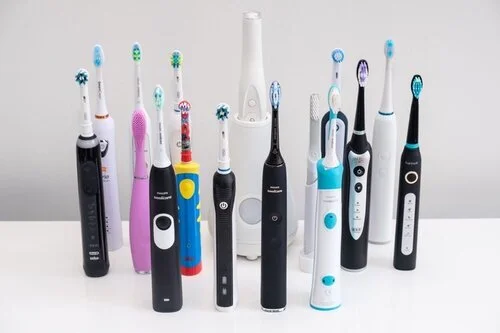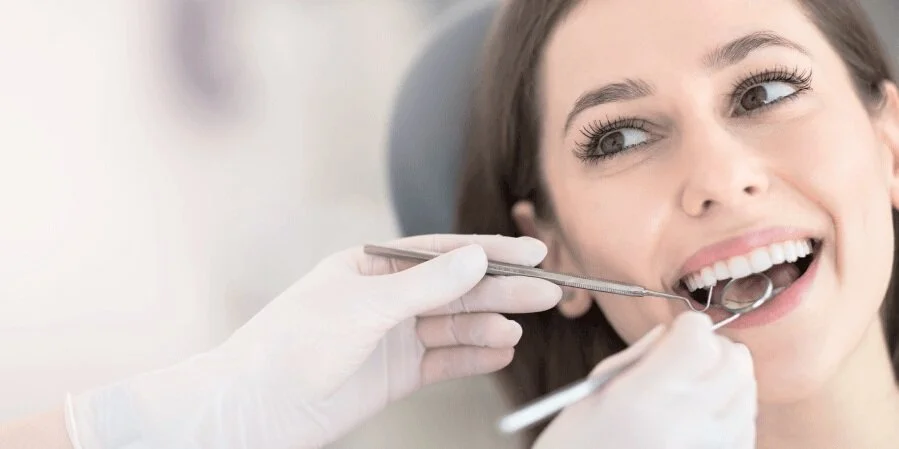Electric toothbrushes, as well as manual ones, can be very effective if used correctly. However, if you’re like most people and brush too hard, you could be causing damage to teeth and gums without knowing it. And all the extra power of an electric toothbrush could be making matters worse. In a recent independent study, electric toothbrushes caused the largest amount of damage to tooth surfaces when just 200 grams of pressure was applied (most people apply 200 to 300+).
So how hard should you brush?
According to The Journal of Clinical Periodontology, “Two minutes and 150 grams was the optimum time and pressure for the average person’s brushing regime.” Unfortunately, "It is virtually impossible for the average user to gauge how much pressure they are applying during their brushing regime.” says Dr. Peter Heasman, world renowned dentist and researcher.
There are some expensive electric toothbrushes that beep, light up, or stop when you brush too hard, but none physically prevent overbrushing. An alternative is a toothbrush made by Zent with a pressure sensitive, click-joint that limits brushing pressure to 150 grams.
But Electric Toothbrushes Are Better…Aren’t They?
The ADA (American Dental Association) says unless you have trouble using your hands, a manual toothbrush is just as effective as an electric.
Consumer Reports dental adviser Jay W. Friedman, D.D.S., M.P.H. says, “it really doesn’t matter which brush you use.” Just don’t get carried away. “Excessive brushing with manual or electric has its risks,” Friedman says. “Too much pressure and too frequent brushing can abrade enamel, or the root if the gum has receded.” This abrasion, he says, can cause teeth to become hypersensitive to hot and/or cold.
The Bottom Line
If you’re using good technique, brushing twice a day for about 2 minutes each time, with 150 grams of pressure, then you’re all set regardless of what type of toothbrush you use. But if you think you might be brushing too hard, it may be a good idea to try a toothbrush that dials in the perfect pressure to get a feel for it.





